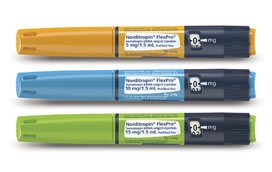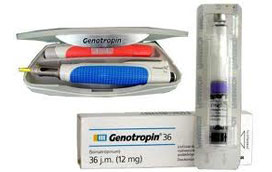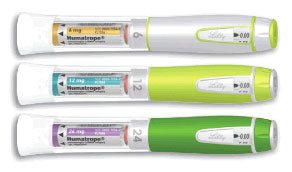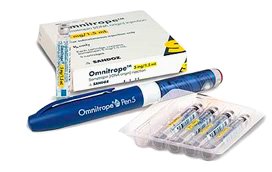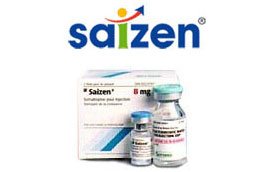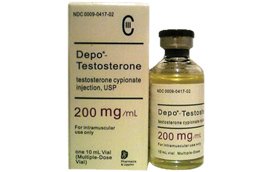More than anything, I wanted to know if Adult Growth Hormone was a real issue or if this was just a case of snake oil salesmanship. I’ve read all the hype, and yes … I do have all the symptoms, but these symptoms could be related to any number of things that go wrong as one gets older. How could I know if growth hormone replacement was really what I needed? I started with some research into the reasons why I might be deficient in this area. For one thing, stress and sleep patterns play a major role in adult growth hormone production. The hormones of the body are produced by the endocrine system. The endocrine system is like a delicate house of cards … it does not take much to upset the balance. In my case, having two babies pretty close together and then taking a job on the night shift just as they reached school age caused years of sleep deprivation and low energy. My question: was this enough to cause low HGH levels and all these negative symptoms I was experiencing?
I talked to my very intelligent and enlightened doctor, and she suggested that we start with some raw information and look for contributing factors. I had a blood test with a rather large selection of panels being drawn. Together we looked back over the numbers on my lab report. My IGF-1 level was quite low based on the range of normal values reported by the lab. Now as I understand this, the normal range is based on the blood tests taken by that lab. You have to consider that the lab probably only tests people who are not-so-healthy in the first place. The chances are good that healthy, robust 20 year olds are not going in to get their blood drawn very often. So while I’d really rather be comparing myself to that group of people, the lab report compares my numbers to other un-healthy 40-somethings who come to them for testing. Even among that group of people, I was ranking rather low on the IGF-1 level. My doctor explained that IGF-1 is produced by the liver when it is receives HGH. Human growth hormone is actually produced by the pituitary gland, and it isn’t so easy to measure it directly. They can only measure the body’s reaction to HGH. The data was conclusive. My adult growth hormone level was low.
My hormone replacement therapy consists of two drugs. First, since my level was so low, I began replacement with Omnitrope to help me get back into good condition as quickly as possible. Within the first month, I could see changes in my body. The fat seemed to be melting away, and I felt stronger and more toned. Second, my doctor prescribed Sermorelin GHRP-6 to encourage my pituitary gland to produce its own growth hormone. Probably the most welcomed result of taking these medicines was that I am sleeping so soundly. It is wonderful to finally sleep through the night, something that I haven’t done in nearly two decades. I awake refreshed and energetic. I actually feel like taking a brisk walk or doing some yoga when I get up in the morning. I’m grateful to know I haven’t caused any permanent damage to my body, and my future looks bright.













